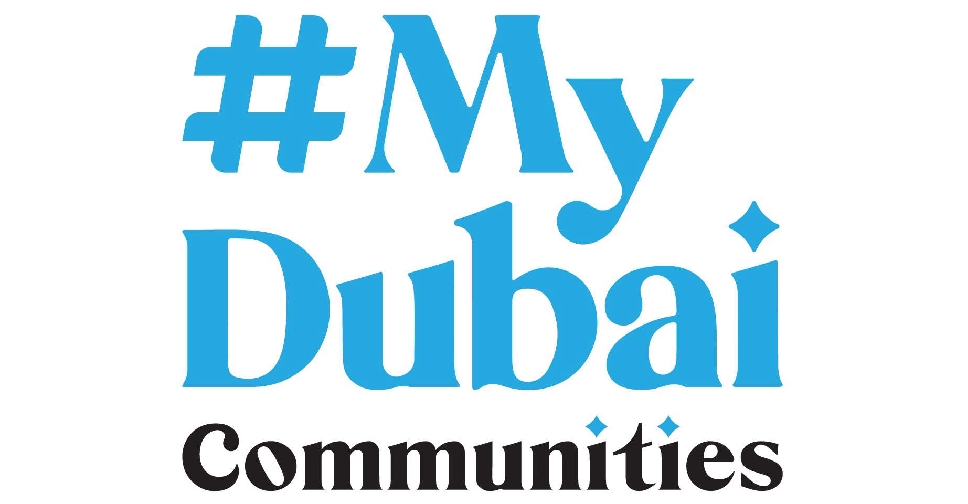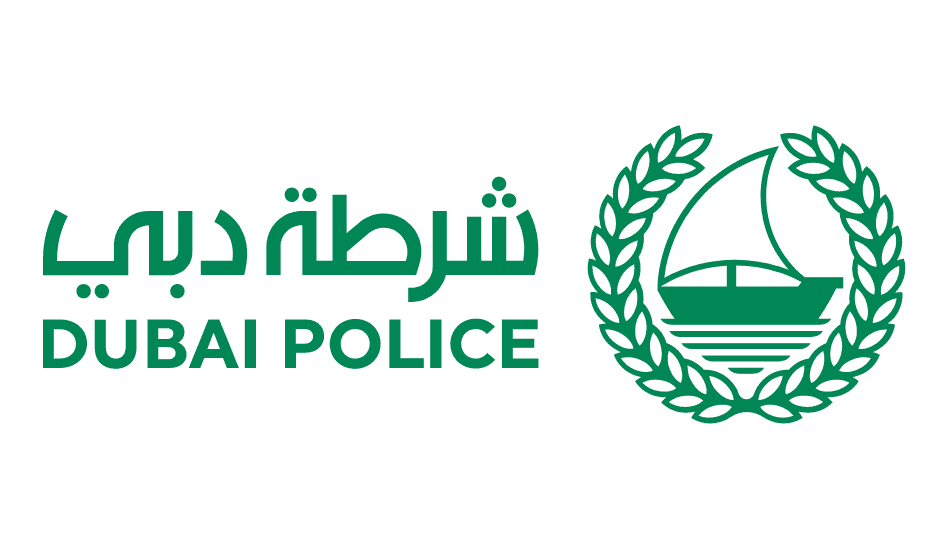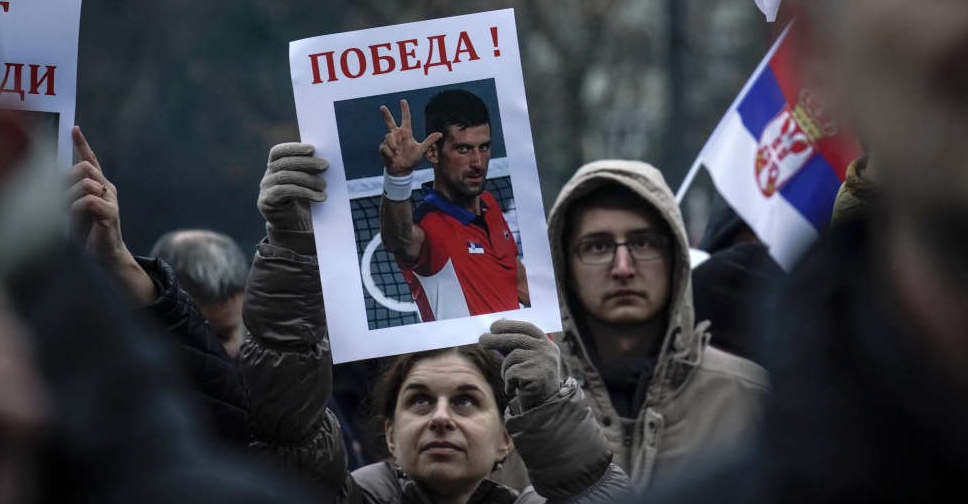
Australian authorities scrambled on Sunday to file a legal defence of their decision to bar entry to tennis world number one Novak Djokovic over his COVID-19 vaccination status, as the Serbian superstar spent his fourth day in immigration detention.
Djokovic was hoping to win his 21st Grand Slam at the Australian Open, starting next week, but instead of training has been confined to a hotel used to accommodate asylum seekers. He is challenging the decision to cancel his visa after being stopped on arrival at Melbourne Airport early on Thursday.
A vocal opponent of vaccine mandates, Djokovic had declined to reveal his vaccination status or reason for seeking a medical exemption from Australia's vaccine rules. He broke his silence on Saturday with a legal challenge saying he had been granted an exemption due to contracting - and recovering from - the virus in December.
The Melbourne drama has rocked world tennis, caused tensions between Serbia and Australia and become a flashpoint for opponents of vaccine mandates around the world.
Australia says its health department notified tournament organising body Tennis Australia in November that a recent COVID-19 infection was not necessarily grounds for exemption in the country, as it is elsewhere. Djokovic's lawsuit says the Department of Home Affairs wrote to him this month to say he had satisfied the requirements to enter the country.
Home Affairs, due to file its defence on Sunday, requested an extension of the matter's first hearing from Monday to Wednesday, a court representative told Reuters. The application was rejected, according to a ruling on the federal court's website.
Djokovic's lawyers will have up to two hours to present their case from 10:00 am (0300 GMT) on Monday, while the government department gets two hours to present its defence from 3 p.m., the Federal Circuit and Family Court ruled.
A Home Affairs spokesperson was not immediately available for comment about its legal defence.
SPOTLIGHT ON REFUGEES
Health Minister Greg Hunt, asked about the furore at a media conference on Sunday, declined to comment since it was before the court, but noted that several other people involved in the tournament had their visas revoked.
Finance Minister Simon Birmingham, asked about the matter on Channel 9 television, said without referring directly to Djokovic that "there's a clear difference between visas and entry requirements" and "entry requirements ... sit over and above the visa conditions".
Czech player Renata Voracova, who was detained in the same detention hotel as Djokovic and had her visa revoked after issues with her vaccine exemption, left the country without challenging her status, the Czech Foreign Ministry said.
Djokovic's situation has drawn an unlikely crowd to the modest Melbourne hotel which, until this month, was best known for media reports about asylum seeker occupants claiming they were served food containing maggots.
Anti-vaccine protesters, refugee advocates and Djokovic fans have converged outside the building, which is under police guard.
"The detention of Novak Djokovic has shone a global spotlight on the Park Hotel prison, but for the 36 refugees detained there indefinitely, it's not a game," said David Glanz, a spokesman for advocacy group Refugee Action Collective, in a statement, as a planned protest got underway.
"We fear that long after Djokovic is back on the lucrative global tennis circuit, those men will still be in detention – many of them in their ninth year of being held by the Australian government."
Home Affairs was not immediately available to respond to the protesters' claims.
Serbian Prime Minister Ana Brnabic said the player had been given gluten-free food, tools to exercise and a SIM card to stay in contact with the outside world.
"It's a positive tone from the Australian side. The Serbian government is ready to provide all the guarantees necessary for Novak to be allowed to enter Australia, the Serbian president is also involved," Brnabic said.


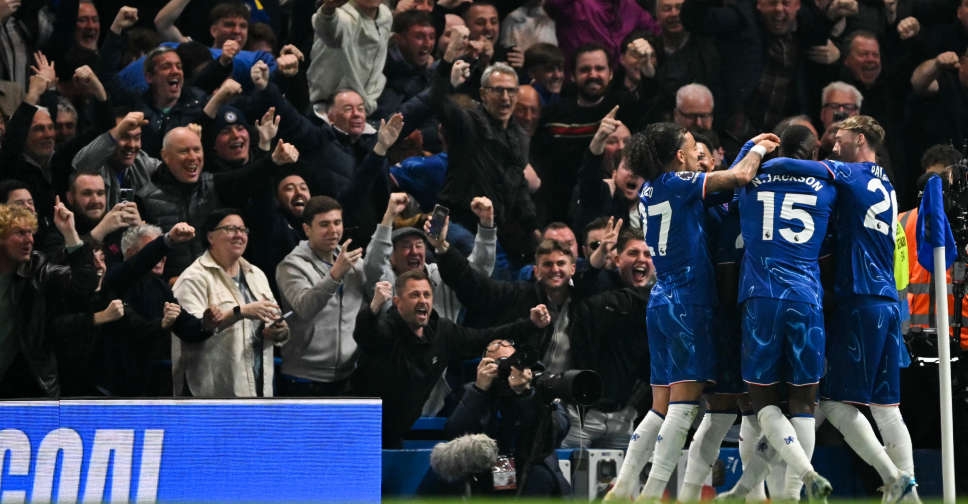 Chelsea climb back into top four with 1-0 win over Spurs
Chelsea climb back into top four with 1-0 win over Spurs
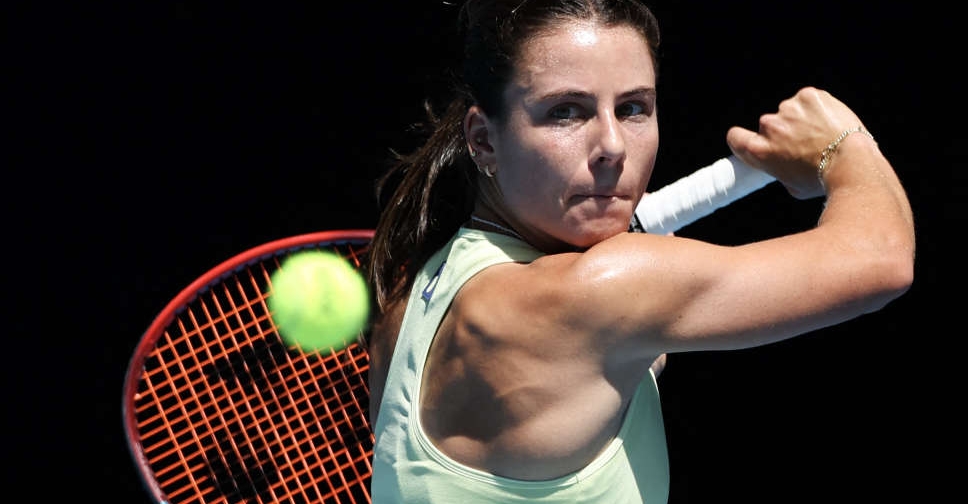 Navarro says players' demand for more prize money is about fair treatment
Navarro says players' demand for more prize money is about fair treatment
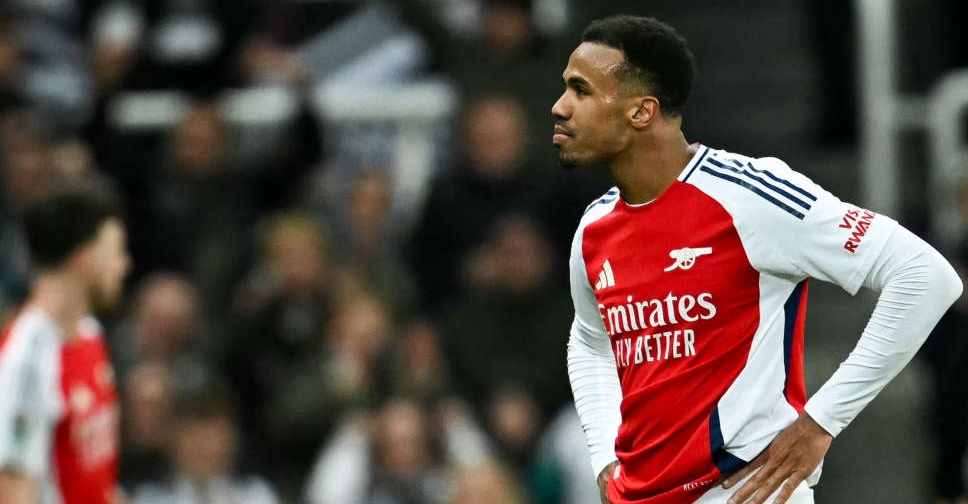 Arsenal lose injured defender Gabriel for rest of the season
Arsenal lose injured defender Gabriel for rest of the season
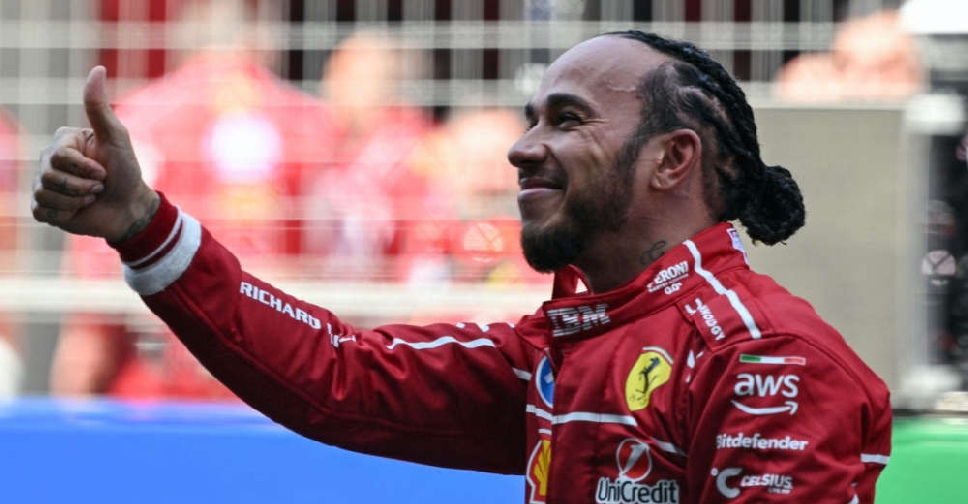 Hamilton has '100% faith' in Ferrari after disqualification
Hamilton has '100% faith' in Ferrari after disqualification
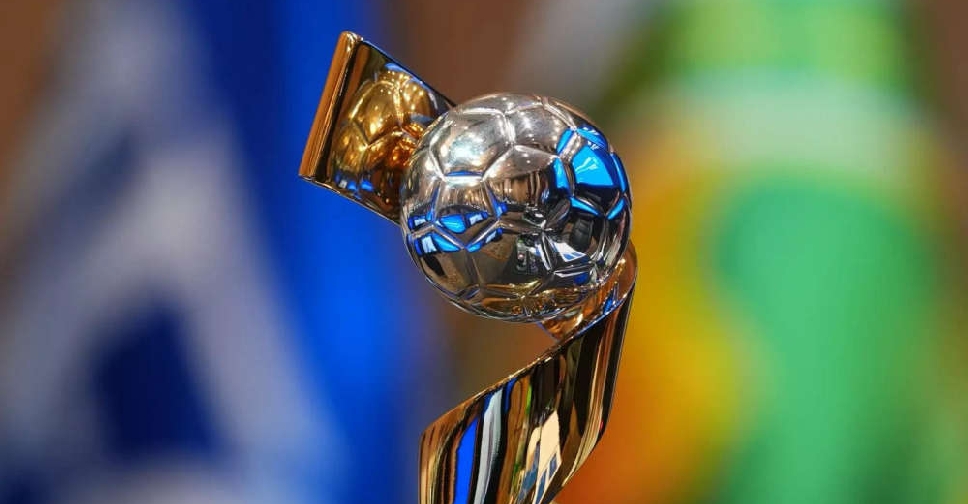 Women's World Cup heading to US in 2031, UK in 2035
Women's World Cup heading to US in 2031, UK in 2035


